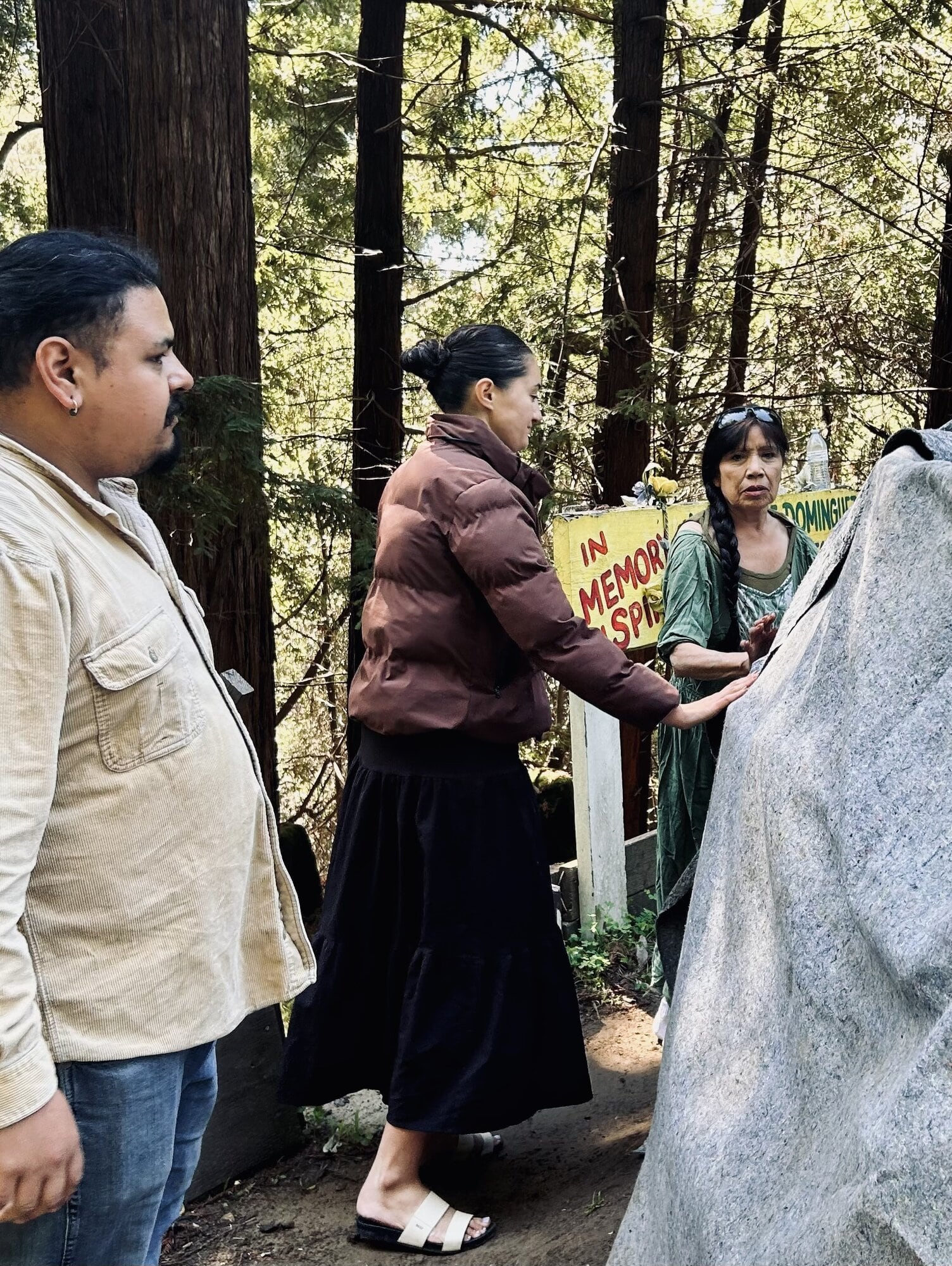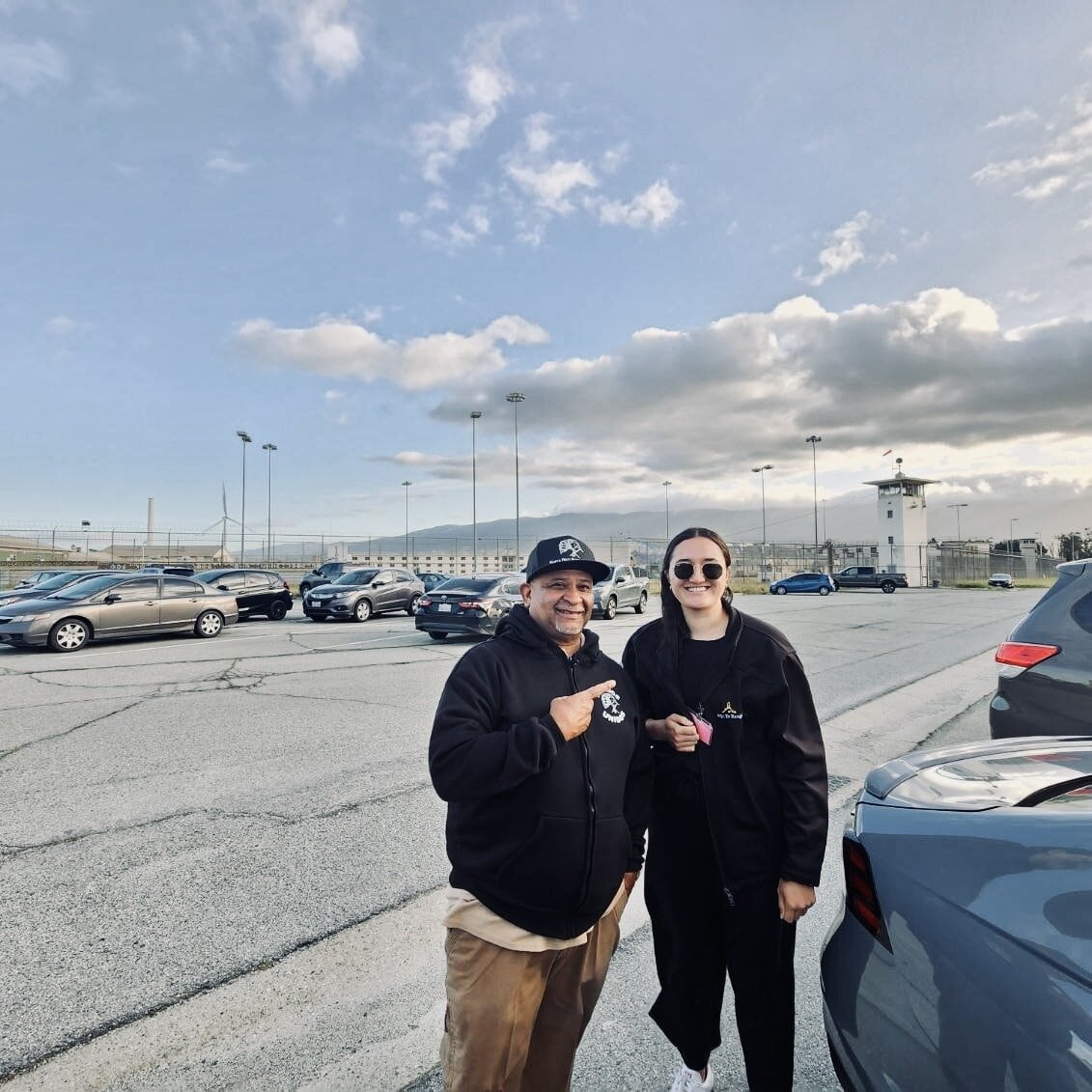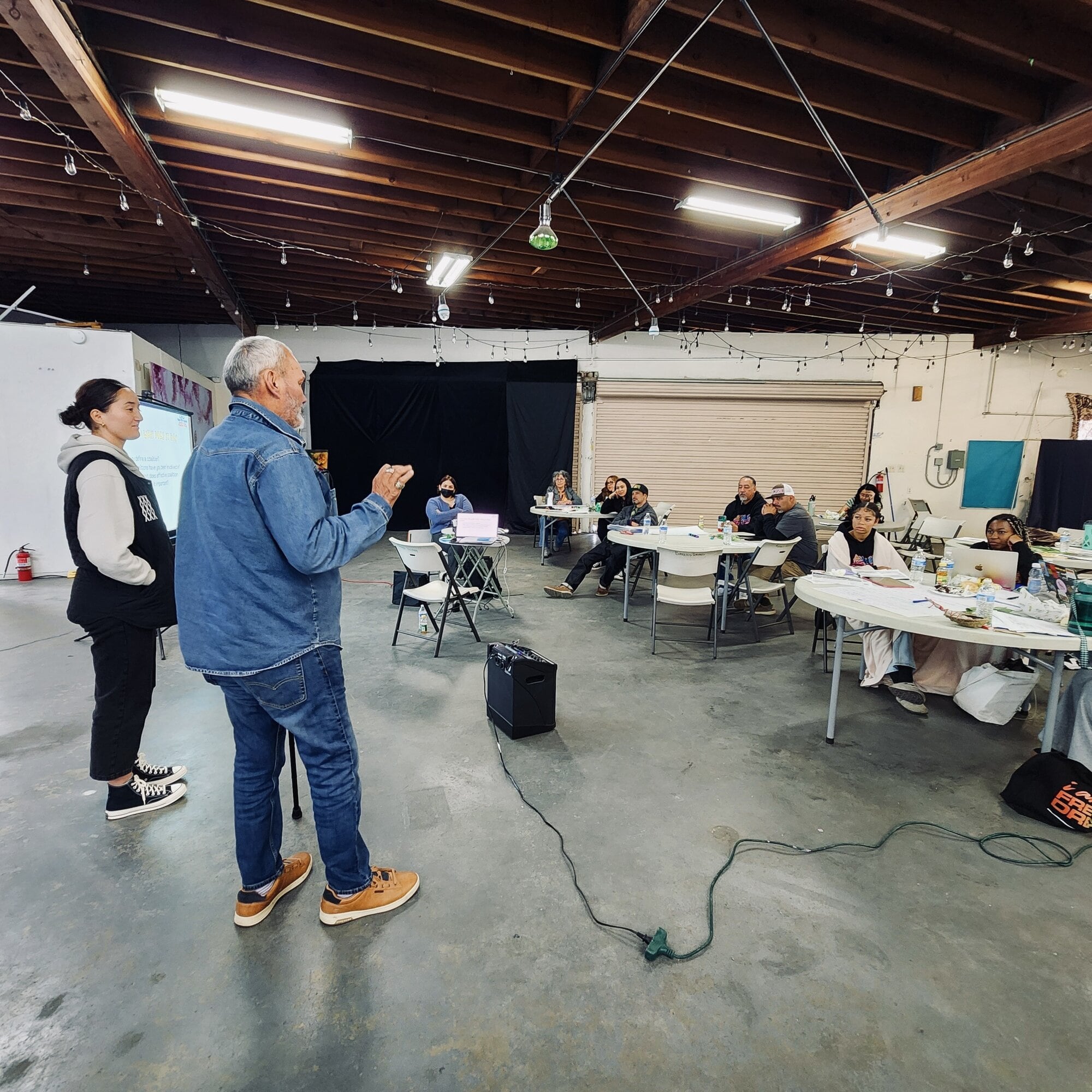In a land renowned for its dreams and opportunities, many still face genuine struggles.
Some are without homes, others are battling addiction. Prisons are full to the brim, and for many, the fear of deportation is real. Violence and poverty are in places, often overlooked.
Welcome to America.
These are the confronting issues Ngāi Te Rangi manager Katarina Ngatai encountered when she was seconded for four weeks to Santa Cruz Barrios Unidos in California recently.
The non-profit organisation works with marginalised mainly Latino communities through its social services, which includes prisoner, support for at-risk youth and drug addiction programmes – that provide hope, housing and employment opportunities.
Ngāi Te Rangi operates in a similar space, chief executive Paora Stanley said, and he first met Barrios Unidos (which means neighbourhood unity in Spanish) founder and executive director Nane Alejandrez in the 1990s.
Stanley was undertaking a project to lower drug and alcohol use and violence against women among gang members in West Auckland.
His time spent with Nane was a life-changing experience that shaped his outlook and philosophy to help “our people”.
“What Barrios Unidos was doing at the time was extraordinary, they worked with a lot of ex-crims who got out of jail and they utilised their artistic skills to design T-shirts. They bought a screen-printing machine and sold those shirts to raise funds.
“I first adopted some of Nane’s initiatives with a Mana Tane course I was running with gangsters to look differently at how their lives were working. Upon their graduation from the course, they collectively designed a T-shirt that everyone received.”
Today, Ngāi Te Rangi has extensive social services and programmes that encompass housing, addiction, driver licensing, employment, health, te reo Māori and more.
Stanley said what was happening in the United States was often replicated in the future in New Zealand.
“It’s a good barometer on First Nations people in the US and there is a lot to be learned from indigenous wellbeing and non-wellbeing.”

Katarina Ngatai and relatives preparing for a traditional sweat lodge ceremony. Photo / Supplied
He said Ngatai would use her experience with Barrios Unidos to strengthen iwi programmes and new initiatives.
Ngāi Te Rangi was also looking at kaimahi secondments with local organisations, which would be a “win/win” for those who shared the same aspirations, he said.
'Eye-opening’
“Eye-opening” was how Ngatai described her secondment at Santa Cruz Barrios Unidos in California.
By her own admission, she was pushed out of her comfort zone, but the experience had been invaluable, changed her perspective on the world and was “transformative”.
Working on the ground with Barrios Unidos, she visited Soledad State Prison in California with Alejandrez, which accommodates about 4000 relatives/inmates.
As part of National Crime Victims Rights Week, Ngatai was fortunate to attend a “powerful” session centred on kinship, connecting and healing that involved victims sharing stories of the lasting impact of crime and their journeys toward healing and forgiveness.
“About 200 incarcerated men listened to their stories, you could feel in the room that this helped them understand the impact of their actions.”

Katarina Ngatai and Sam Cunningham (re-entry manager at Barrios Unidos) at Soledad State Prison, California. Photo / Supplied
Ironically, she also met inmate Liva at the prison, who was disconnected from his Pasifika culture – apart from knowing the haka.
In a heartwarming gesture, Ngatai performed the haka Ka Mate with him, which instilled a sense of hope and healing for victims and incarcerated men, even if it was just for a moment.
“It was very emotional but shows the power of cultural connection in helping someone stay grounded even in a challenging environment like prison. I found it deeply meaningful.”
Barrios Unidos programme at Soledad focused on minimising violence in prison by having inmates create their own community programmes alongside support and rehabilitation.
Ngatai said drug use, particularly fentanyl, was rampant in Santa Cruz, with people openly using it on the streets. Homelessness was another major problem.
“Many people use drugs to escape difficult living conditions and people are dying from relapsing. I was lucky to also connect with people who came out on the other side and escaped the cycle of drug use and share their story to give others hope.
“Where I was staying, in the heart of Santa Cruz, there were signs of homelessness and poverty around most street corners. Barrios Unidos provide support for the community through their food pantry, volunteers bringing light to those in need and distributing donated food every week on Fridays and Saturdays. You see first-hand how much of an impact this makes on someone’s life, when you see them smile you have no reason not to.”
Many undocumented families also lived in the fear of being deported, she said.
“Some migrated to the United States as it was a safer option. Barrios Unidos supports them by providing advocacy, supporting their rights and by helping them navigate their challenging circumstances.”
However, it was not all doom and gloom. Ngatai said working alongside like-minded people at Barrios Unidos who have put their people first and foremost was inspiring.
Another privilege and highlight included participating in Native American cultural and spiritual ceremonies.
“We share so many similarities to our indigenous relatives, culturally, spiritually and even in our resistance. It was an honour and beautiful to be a part of their sweat lodge ceremony, sharing, learning and embracing their traditions and ancestors through traditional medicine, singing, prayer and always food!”

Katarina Ngatai and Paora Stanley presenting to youth and youth services from around Northern California. Photo / Supplied
Now Ngatai, who also has a health degree, was concentrating on implementing new strategies for the iwi.
She managed the Rangatahi Unit focused on empowering disadvantaged young people, responded to liquor licence applications and managed the tribe’s social media sites.
“My key goal is to use the new insights I’ve learned to support our people more effectively. I want to ensure they’re ‘thriving, not just surviving’ by implementing cultural and community-driven approaches.”
Alejandrez told Ngāi Te Rangi kaimahi via a Zoom meeting it was not easy working with vulnerable communities, and sharing knowledge was so important.
“Keep fighting the good fight.”
- Carmen Hall is a communications adviser for Te Rūnanga o Ngāi Te Rangi Iwi Trust and a former Bay of Plenty Times journalist.



0 comments
Leave a Comment
You must be logged in to make a comment.